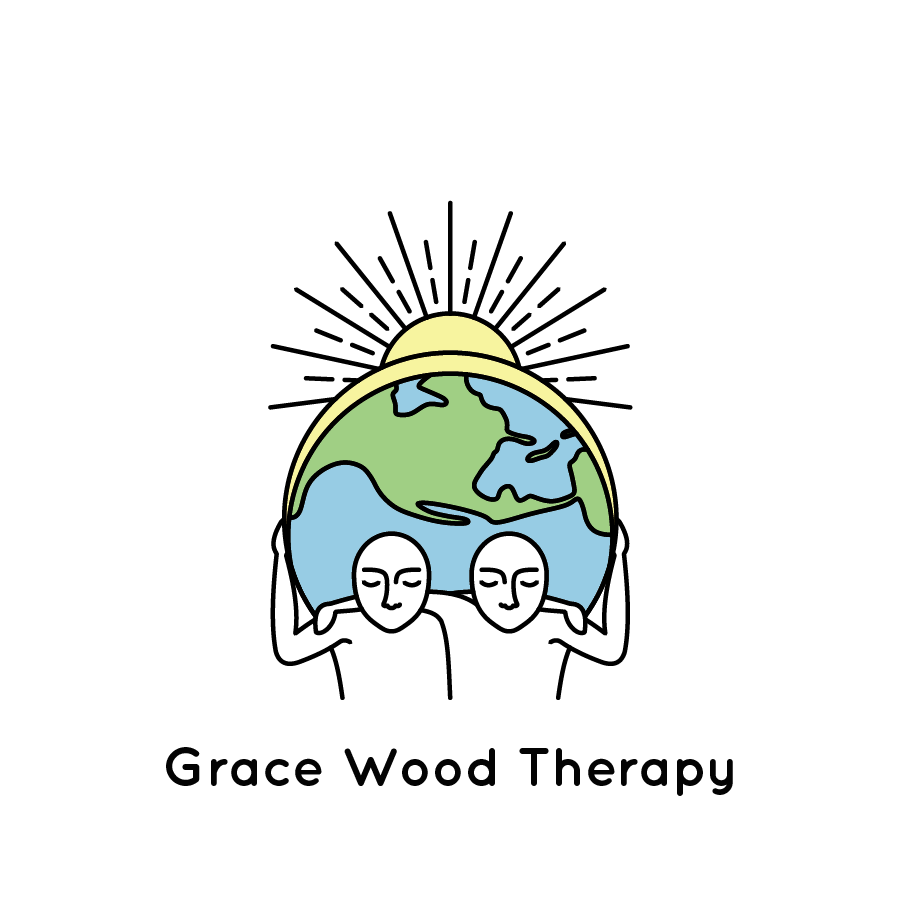Before I really dig into this post, I should say that there is limited research on the effect of dating apps on mental health, so a lot of what I’m going to say is based on my own experiences and opinions. I’ve used dating apps for the past couple of years on and off, and I’ve noticed both good and bad things that come with the app. I know, however, that my experience is going to be different from the male experience and different from marginalized group’s experiences. I would love to hear other perspectives!
Dating Apps Encourage Vulnerability
I can see how some people might disagree on this one, and I can understand why. In many conversations I’ve had on dating apps, however, people have gotten real. Tinder can be fun and exciting and exude an aura of shallowness, but underneath all of it there’s a common theme: loneliness. I’ve talked to people who were fresh out of a break-up, just looking to reassure themselves that other women still exist, just trying to remind themselves that there’s hope. I understand. I’ve been in that position too. Is it the healthiest option to immediately turn to a dating app after a break-up? Probably not. There’s no cure to the pain we feel after heart-break, and if that small reminder that there are other people out there helps temporarily, why judge that decision?
Beyond break-up blues, people on dating apps share common goals. They want a cure to their loneliness, be it through sex or some sort of relationship. By and by, I’ve found that people are shockingly honest about their intentions. People who are looking for a relationship don’t want to go out with someone who’s just looking for sex, and people just looking for sex definitely try to avoid people looking for a relationship. Because Tinder provides such abundance of people, there’s really no reason not to be honest. It’s a type of honesty that people avoid in person because it’s uncomfortable. On dating apps, that conversation is a little easier. There’s less invested, and generally people are okay giving up and moving on to someone else. It could be argued that because there’s no real risk involved, it isn’t really vulnerability. I understand that and I’m not an expert on the topic, but I think at times it leads to a real connection. To me, that makes it count as being vulnerable in some way.
They Give People a Sense of Control
I was homeschooled through high-school and had very limited contact with boys. I knew that other people my age were dating already, but I didn’t really see any way for that to happen with me. I was fine—I kept my nose in a book and fulfilled many fantasy romances, but I felt like there was no way to find love of my own. It seemed very unlikely that a handsome boy my age was going to come talk to me at a bookstore or on the cereal aisle at Kroger. Those things happen in movies and TV shows, but how often do they really happen to people?
Dating apps give people a way to take control over their love life and stop waiting for prince charming to run into them at a bar or grocery store. You can decide how and when you want to date. You can meet as many new people as you want/feel comfortable with.
They Make Extroversion Easier for an Introvert
Dating is an extrovert sport. It involves talking to a lot of strangers and making a lot of small talk which is an absolute nightmare if you’re an introvert. I see speed dating in movies and TV shows and I honestly can’t imagine a more brutal hell. Going and talking to a stranger at a bar? No thank you. They could be in a relationship! They could be gay! Maybe we are back to how I overthink things (still not getting into that in this post—wonder what my therapist would say?) but I also think it’s just practical. On a dating app, you can make a few assumptions. Of course, people could be lying, but they could be lying IRL too. It’s safe to assume that a) people are single and b) they are interested in your gender. And, if you match, you can assume they find something about you attractive. Boom. Much less scary.
The Bad.
Tinder and Self-Esteem
Again, my experience is that of an average-looking woman. I never face a situation where I don’t have any matches or messages on Tinder. In general, I find that it boosts my ego (perhaps this should be considered a negative as well…). I know for some people, however, particularly men, it can be a much harsher environment. Writing a short bio that is clever and authentic is nearly impossible. Capturing a few picture that are representative and flattering is also tricky. Where Tinder can be a bustling, frenzied place for some, it can be quiet and depressing for others.
A study has come out recently by Strubel and Petrie (2017) that showed that Tinder users had lower self-esteem than non-Tinder users. This was one of the few studies I could find that aimed at understanding dating apps and mental health. I do have some beefs with the study, as it had much smaller sample of people who used dating apps than didn’t (by, like, hundreds), but let’s assume that the research design was flawless and dating app usage is linked to lower self-esteem.
I found a few statistics to provide insight. 1) more men use dating apps than women. 2) 63% of Tinder users use it out of boredom, and 75% of those people are women (Esquire.com). That’s a lot of women who are just using it out of boredom! I would love to see more research on this to really understand the “why” of them using it. I hope that information provides some insight nonetheless.




